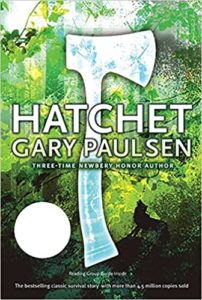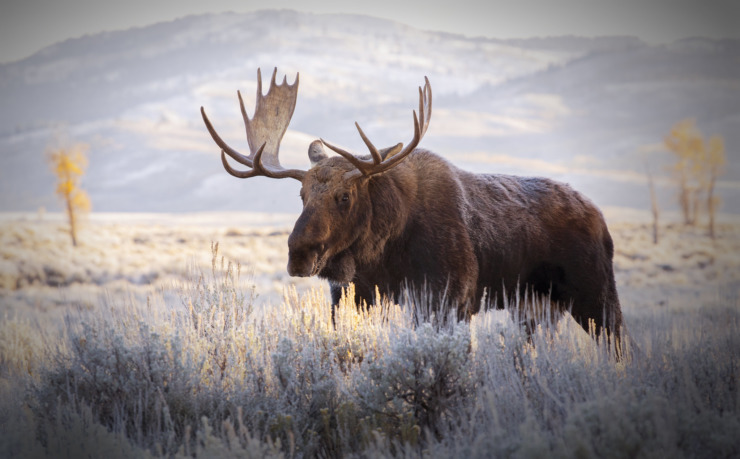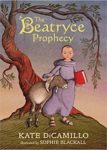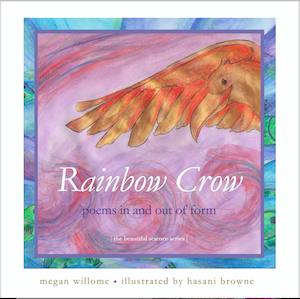Put Hatchet—and Hope—in your Summer Survival Toolkit
What do we need to survive summer, with its altered schedules, unrelenting heat and water undrinkable without ice? Well, we need Hope.
The only thing to remain, lodged in the mouth, was Hope.” – A.E. Stallings, “Ajar”
I collect quotes about hope, like the poem above, about the myth of Pandora, but they can’t be saccharine. Hope is a bitter candy that becomes sweet in the sucking. For years people tossed this four-letter word my way, thinking they offered a life preserver, but it felt like an anchor, miring me stuck. Until the hoped-for happened, what was I supposed to do all day? Even without hope there was still tea to brew and poems to read and write. Gradually I began to see hope as the doing of these very things. That kind of hope, the doing kind, is best expressed in Gary Paulsen’s Hatchet.

I’d known about Hatchet for years but had never read it. Yes, it’s a Newbery-honor book, on many a must-read list, but it’s also a survival story, which is not my jam. But as I read, I found myself writing poems about hope. Paulsen’s snippets of lyrical prose—often no more than a phrase—showed me a new way to survive the unsurvivable.
In chapter 1 of Hatchet, a 12-year-old boy named Brian is riding in a small private plane to visit his father for the summer. The pilot has a heart attack, and the plane crashes on a Canadian island. Brian learns the basics of survival the hard way, by making mistakes.
At the end of a particularly hopeless chapter, Brian sees how far he has come and says, “I am full of tough hope.” In the 20th anniversary edition of the book, which contains Paulsen’s notes, he said that one time a student asked him if he had a motto, and he didn’t know how to answer, but his answer should have been Brian’s words:
Not hope that he would be rescued—that was gone. But hope in his knowledge. Hope in the fact that he could learn and survive and take care of himself. Tough hope, he thought that night. I am full of tough hope.”
Tough hope isn’t found in a greeting card. It’s won with hunger and injuries and failures galore, the way Brian won it.
So I wrote this:
tough hope
comes from learning to spear
fish that aren’t there
Brian’s tough hope is in the doing. He wakes up every morning and somehow survives another day. Some days he has no food. Some days everything goes wrong, and then it gets worse. He has an idea, and it fails … until he accidentally does one thing differently and gets it right.
Accidents are the key to his being rescued. (Of course he’s rescued. This is a middle-grade novel.) We learn later that rescue teams had given up on him. But he made a mistake while doing the next thing in front of him, the thing that had to be done in order to survive that particular day, and in that mistake he effects his own rescue.
In his notes, Paulsen says something I had thought as I read: There’s no way Brian could have survived much longer, not as summer ended and it got cold. Tough hope doesn’t guarantee results. Tough hope doesn’t need the results.
Paulsen died just last year, in 2021. He hunted and fished and trapped. He raced in the Iditarod. He gave Brian the survival skills he himself had learned, often through trial and error. He won the Margaret Edwards Award from the American Library Association in 1997 for his lifetime contribution in writing for teens—books, short stories, articles, and numerous plays. He had a home in Alaska, a ranch in New Mexico, and a sailboat on the Pacific Ocean. I don’t think the man liked walls. Too limiting, too hopeless. Hope happens outside.
Recently a younger friend was sharing his tale of hopelessness. He couldn’t change the crash site his life had become any more than Brian could resurrect that plane, sunk in the water. But my friend had gotten up every day and done the next thing. He was making his own toolkit for his life.
It was summer. He needed a reading suggestion. I asked, “Have you ever read Hatchet?”
Next Month’s Selection
Not every prophecy needs to come true. Join us for our next Children’s Book Club, August 8, when we read The Beatryce Prophecy by Kate DiCamillo, friend of Tweetspeak.
Photo by rabesphoto, Creative Commons, via Flickr. Post by Megan Willome.
Browse more Children’s Book Club
“Megan Willome has captured the essence of crow in this delightful children’s collection. Not only do the poems introduce the reader to the unusual habits and nature of this bird, but also different forms of poetry as well.”
—Michelle Ortega, poet and children’s speech pathologist
- Perspective: The Two, The Only: Calvin and Hobbes - December 16, 2022
- Children’s Book Club: A Very Haunted Christmas - December 9, 2022
- By Heart: ‘The night is darkening round me’ by Emily Brontë - December 2, 2022



L.L. Barkat says
This: “Even without hope there was still tea to brew and poems to read and write. Gradually I began to see hope as the doing of these very things.”
Wishing you a hope-ful day. 🙂
Megan Willome says
Thanks so much. So far, so hope-ful.
Bethany Rohde says
Beautiful piece, Megan. I do love that book! I first discovered it during my fifth-grade reading challenge and have wonderful memories of exploring its pages. (I mentioned it in a piece I wrote for Tweetspeak Poetry. https://www.tweetspeakpoetry.com/2017/02/23/value-of-reading-challenge/ )
And I love your poem! The fish that aren’t there— what a well-chosen metaphor.
I appreciate your analysis and your words here. “Hope is a bitter candy that becomes sweet in the sucking. For years people tossed this four-letter word my way, thinking they offered a life preserver, but it felt like an anchor, miring me stuck.” But then came the doing.
Thanks for leading these book clubs!
Megan Willome says
Thanks for participating, Bethany!
And thanks for pointing me to your piece. I read “Redwall” and then several subsequent books in the series when my son was into them. I still have the copy of “Loamhedge” he gave me.
There is much to be said for encouraging a child to read something outside of their regular diet, if they’re ready for it. For me, reading “Baby-Sitters Club” was a reach, but an enjoyable one.
Bethany Rohde says
What a sweet souvenir of those times with your son, Megan!
Thanks for reading my piece too. Yes, there is something magical about branching out into new waters when it’s done in doable spurts and when there’s an undercurrent of Fun sparkling beneath the whole adventure.